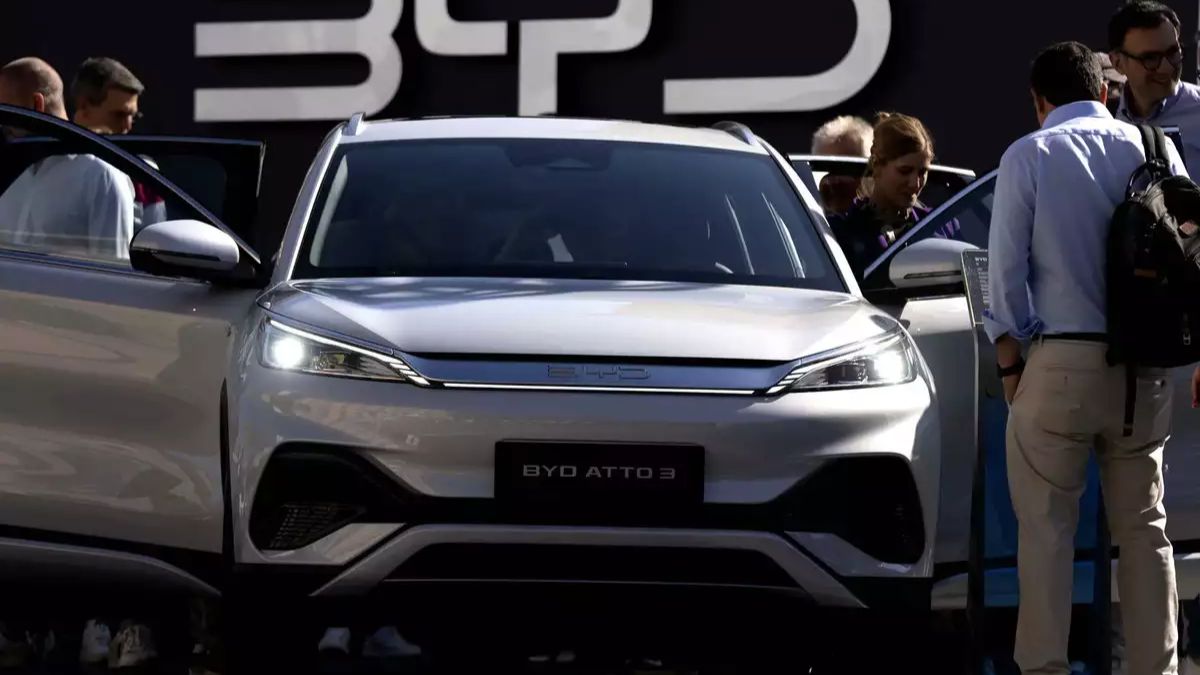The U.S. Commerce Department has proposed a sweeping ban on the import and sale of Chinese-made vehicles that include essential communications and automated driving systems. This proposal threatens to bar almost all Chinese cars from the U.S. market, escalating the economic standoff between the United States and China. This regulatory proposal extends beyond just vehicles; it targets the software and hardware integral to modern connected cars. Any vehicle equipped with systems that enable internet connectivity or data sharing could face a ban if these technologies are sourced from China or other countries considered foreign adversaries, including Russia.
The Biden administration has expressed increasing anxiety over the potential misuse of data collected by Chinese automakers and tech firms for espionage or sabotage against U.S. infrastructure. With modern vehicles connected to the internet for navigation and safety features, officials worry that Chinese companies could exploit these connections to gather sensitive information or even remotely manipulate vehicle operations. Government officials have warned of extreme scenarios where adversaries might remotely control vehicles or instigate large-scale accidents, raising significant alarms about public safety.
If enacted, this ban could dramatically alter the automotive landscape. Chinese manufacturers like BYD, Nio, and Xpeng, which have ambitions for the U.S. market, would encounter considerable obstacles. Moreover, American and international automakers sourcing components from Chinese suppliers may also feel the repercussions, particularly in hardware and software development. The Alliance for Automotive Innovation, representing major automakers including General Motors, Toyota, and Volkswagen, highlighted that connected vehicle components are sourced globally. Reconfiguring supply chains to eliminate Chinese software and hardware could present daunting challenges. While the trade group has not detailed the extent of Chinese-made parts in U.S. vehicles, it is evident that the proposed bans would necessitate substantial adjustments for automakers operating within the U.S. market.
This proposed ban is part of a larger initiative by the U.S. government to limit China’s influence in the American economy. Recently, the Biden administration enacted substantial tariffs on Chinese imports, which include a 100% duty on electric vehicles and essential minerals used in EV batteries. These measures could reshape the competitive landscape of the U.S. auto market, especially in the rapidly growing electric vehicle sector. Additionally, the proposal may hinder Chinese companies’ ability to test self-driving or autonomous vehicles in the U.S., limiting their involvement in an industry anticipated to revolutionize transportation over the coming decades.
The proposed rules will phase in over the next several years. Software restrictions will apply to vehicles from the 2027 model year onward, while hardware bans will take effect for 2030 models, starting as early as January 2029. This phased approach aims to give automakers time to adapt their supply chains and remove Chinese components from their vehicles. Given the global nature of the automotive supply chain, this transition could prove costly and complex.


